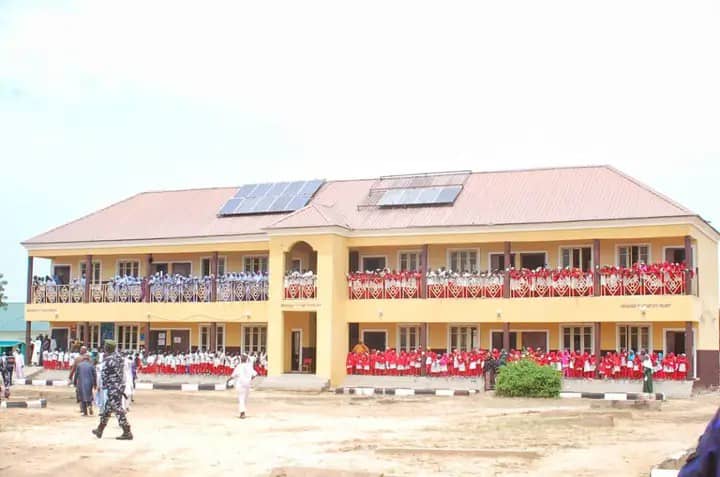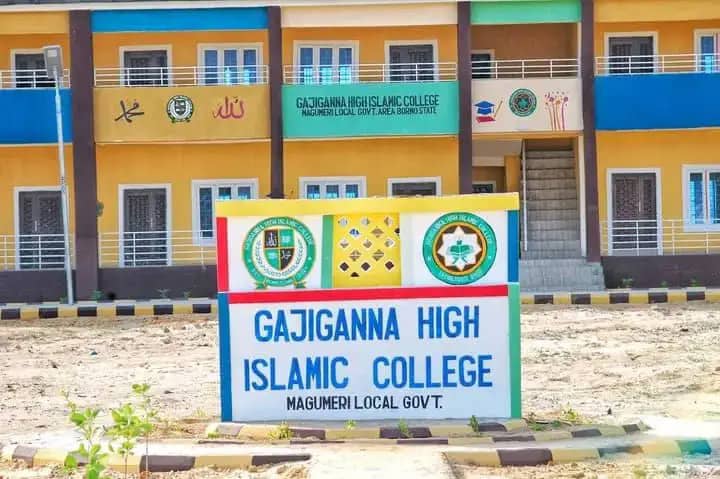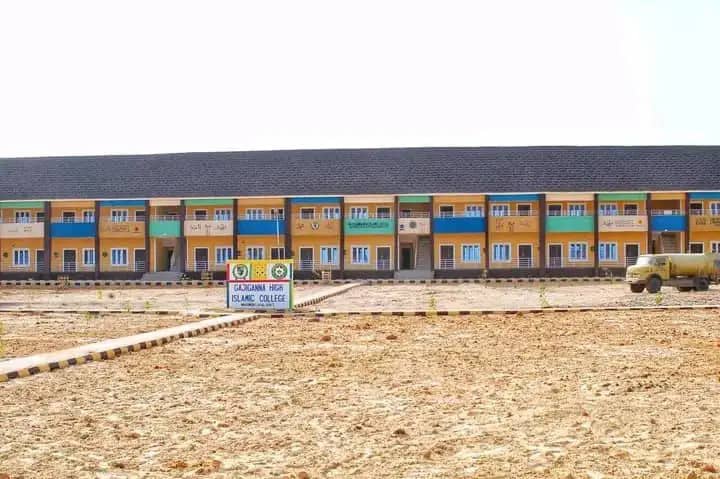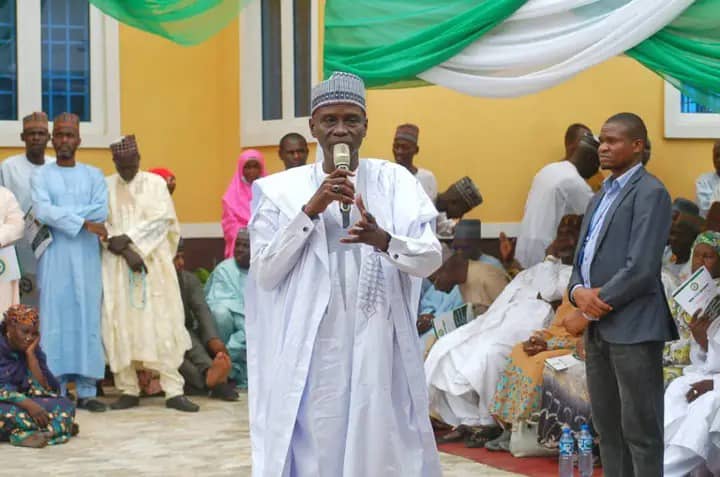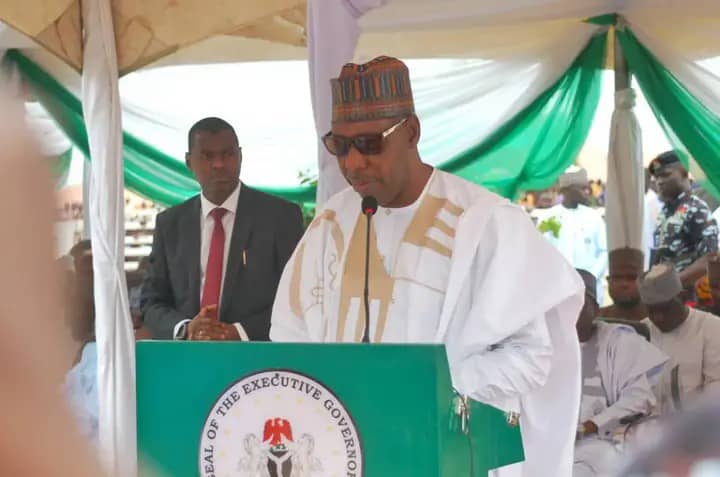
Iliyasu Abdullahi Bah
In a bold move to reverse Northern Borno’s persistently low school enrollment, Governor Babagana Umara Zulum has unveiled a sweeping package of incentives for students and their parents in Magumeri Local Government Area. The measures, announced Friday during the inauguration of the newly built Higher Islamic College in Gajiganna, are designed to eliminate economic and social barriers that have long kept children out of school.
Gajiganna, a community devastated by more than a decade of Boko Haram insurgency, has seen its education system crippled. Governor Zulum disclosed that only 90 students are currently enrolled in secondary school despite the town’s population of over 50,000. “This is unacceptable. We must take deliberate and sustained action to encourage school attendance and ensure these children complete their education,” he declared.
As part of the initiative, each father of the 90 enrolled students will receive ₦250,000, while each mother will be given ₦50,000 to ease the financial burden of schooling. In addition, every student will receive ₦50,000 to cover essential academic and personal needs. The governor also directed the immediate rollout of a free daily meal program for all students at the Higher Islamic College, stressing that hunger must not be an obstacle to learning.
In a symbolic gesture, nine girls who performed enrollment songs at the event were awarded full scholarships to pursue their education. Governor Zulum emphasized that Northern Borno remains the least educationally developed zone in the state, urging the Borno State Universal Basic Education Board (SUBEB) and the Secondary Education Board to make the region a top priority.
The Higher Islamic College, now under the accreditation of the National Board for Arabic and Islamic Studies (NBAIS), is part of a wider effort to integrate Islamic scholarship with modern learning. The school will offer courses in Science, Mathematics, Technology, and English alongside Islamic studies, providing students with a balanced education. “Our goal is to equip our children, especially Sangaya Almajiri learners, with the knowledge and skills needed to thrive in today’s world without losing the values of our traditional Islamic heritage,” Zulum explained.
Also commissioned at the event was the Government Day Secondary School, Gajiganna, which will serve as a key referral institution for pupils graduating from primary schools in the community.
The initiative is one of the most ambitious household education support programs ever introduced in Northeast Nigeria. It reflects the Borno State government’s determination to use direct economic empowerment as a catalyst for educational advancement in a region long held back by insurgency and poverty.
